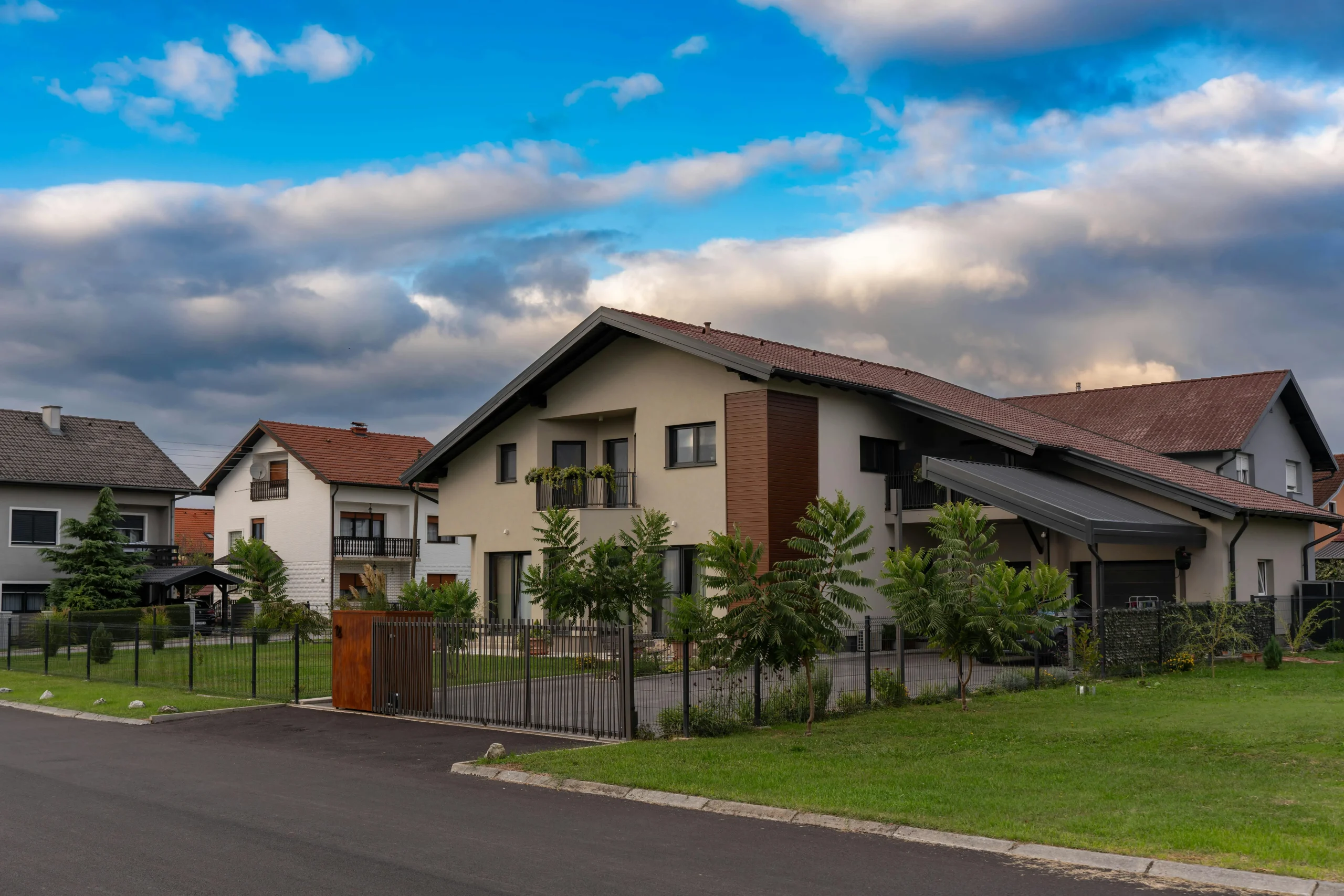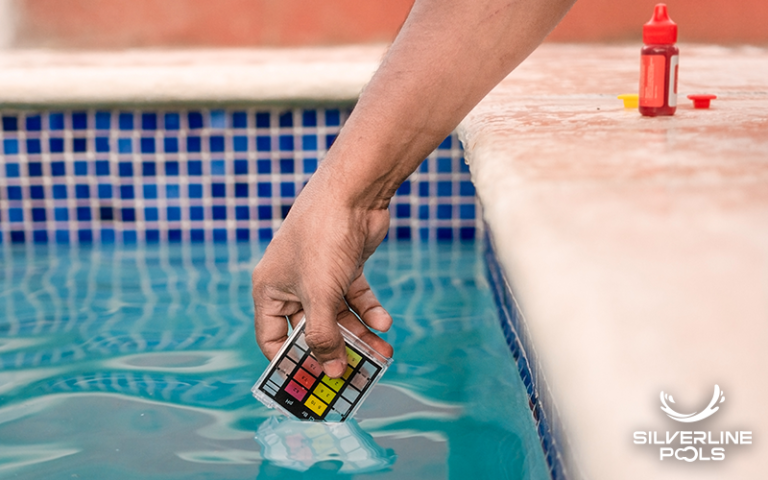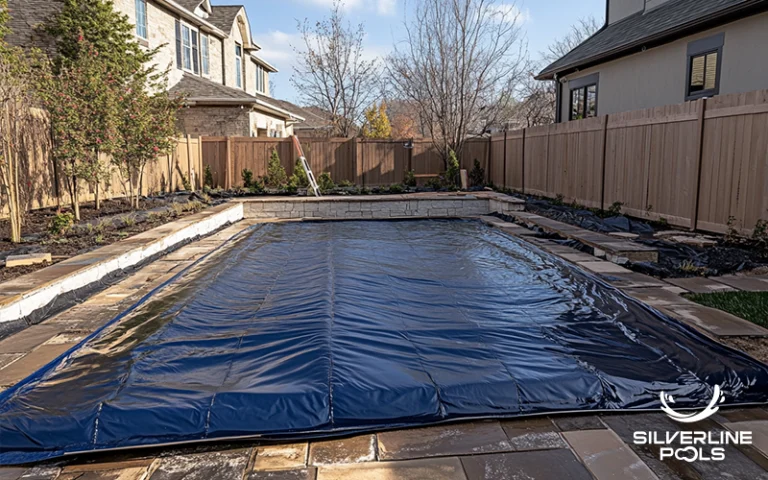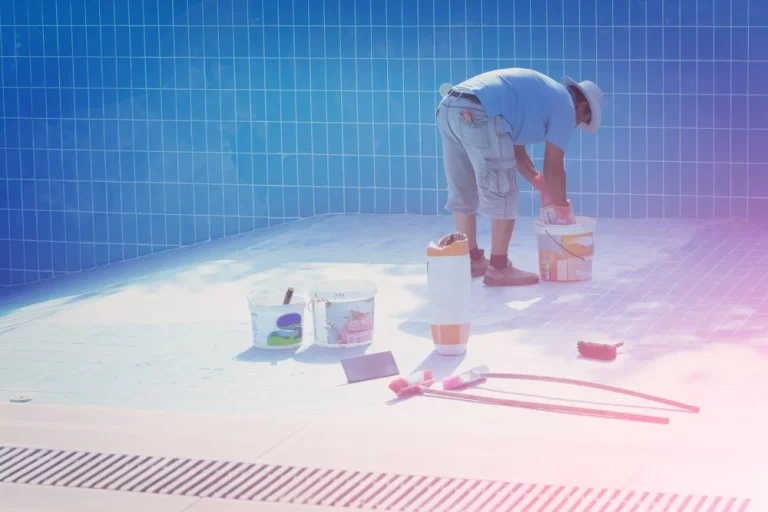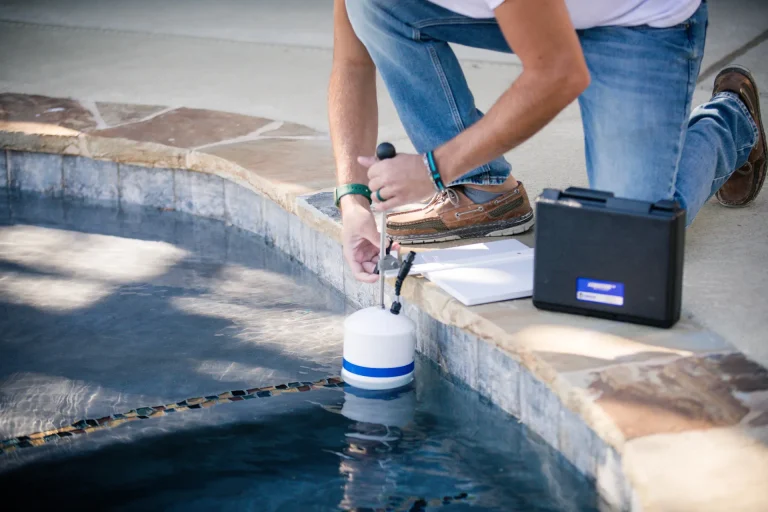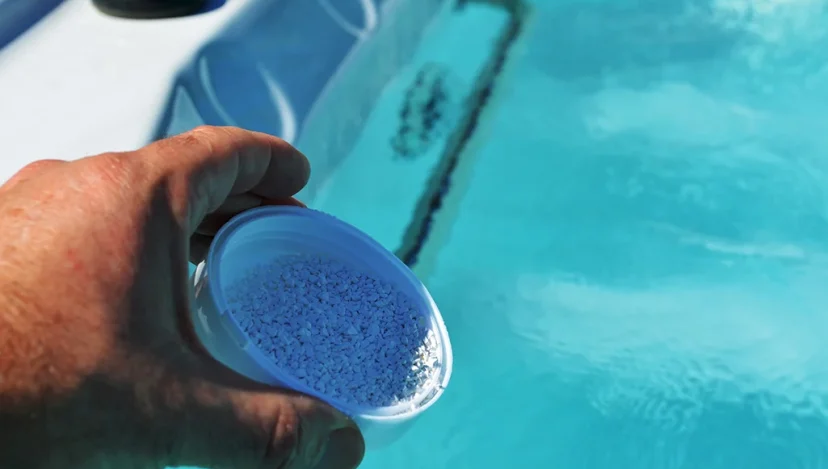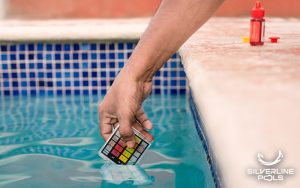Knowing about the expiration dates and shelf lives of pool chemicals is necessary for pool owners. Generally, the average pool chemical shelf life ranges from 3 to 5 years, with most expiring within this time frame. Expired chemicals lose their effectiveness during pool shock treatment or sanitation and should be discarded properly.
This blog covers the different pool chemical expiration dates and their shelf lives. It also explores various tips to maximize their shelf lives and how to dispose of expired pool chemicals safely.
Let’s jump into your expert guide!
What are pool chemicals?
The substances used for various pool purposes are called pool chemicals. They are used for:
- Pool cleaning
- Balancing the pH level
- Shocking the pool
- Preventing algae growth
What’s the shelf life of different pool chemicals?
Different chemicals have different shelf lives. Here are the shelf lives of swimming pool chlorine and other chemicals.
1. Chlorine
Pool chlorine has three different forms, each with a different shelf life. These includes:
Liquid Chlorine
Liquid chlorine has the shortest shelf life of all pool chemicals. It loses 50% of its effectiveness in six months from the purchase date. Check the manufacturer’s label for a specific shelf life.
Chlorine Tablets
Chlorine or Trichlor tablets have the most extended shelf life of all chlorine products. Pool owners can keep chlorine tablets for 3-5 years, still carrying out practical functions. After three years of being correctly stored, they can hold 98% of their chlorine content.
Chlorine Granules or Calcium Hypochlorite
Granular chlorine, or calcium hypochlorite, also has a long shelf life. If properly stored, it can also last for over five years. However, repackage its packaging (bags) after 12 months.
2. pH up and pH down Chemicals
These alkaline and acidic chemicals, like hydrochloric acid, can have shelf lives of up to 5 years. However, due to their corrosive properties, they risk spilling over the container in which they are placed. That’s why it’s better to buy enough pH increaser and pH decreaser for one season and order a fresh batch for another.
3. Alkalinity up and Calcium Up
The alkalinity up and calcium up chemicals are almost similar in appearance and longevity. When stored properly, they can last for up to five years. The best thing is that they are not much affected by temperatures; you can store them in an outdoor shed.
One necessary storage precaution for these chemicals is ensuring their containers are tightly sealed. If they absorb moisture from the air, they form hard-to-dissolve, small, and hard blocks of the substance.
4. Algaecides
Algaecides are also shelf-stable and can last up to 5 years. The only problem with them is that lower temperatures can affect their effectiveness. We recommend buying them for a single season and off-season.
5. Clarifiers and Flocculants
Clarifiers and flocculants are similar to algaecides in that they can last up to 5 years. However, exposure to lower or higher temperatures can decrease their effectiveness.
6. Cyanuric Acid, Stabilizer, or UV Blockout
Cyanuric acid is said to last forever in the pool. The same goes for the pure form of properly maintained cyanuric acid. Just prevent the chemical from capturing moisture from the air, as it becomes a bit messy.
7. Calcium Carbonate
Calcium carbonate is generally stable with an indefinite shelf. It should be stored in a cool, dry place, away from moisture and contaminants. Also, keep in airtight containers to prevent contamination or clumping.
8. Calcium Bicarbonate
Calcium bicarbonate is less stable than calcium carbonate. It can decompose over time, especially if exposed to air and moisture. It has a shelf life of about 1-2 years under optimal conditions. It should be stored in a sealed, airtight container in a cool, dry environment to minimize decomposition.
9. Sodium Bicarbonate
The shelf life of sodium bicarbonate is typically 2-3 years if stored in a cool, dry, and airtight container.
How do you maximize the shelf life of pool chemicals?
Here are some proper storage guidelines about how and where you can store chlorine and other pool chemicals to maximize their shelf lives.
- Store the chemicals in a cool, dry, and well-ventilated place.
- Keep the pool chemicals secured and out of reach of children and pets.
- Keep the chlorine tablets sealed in the original container. Avoid exposing them to moisture or fumes.
- Never store chemicals near each other, especially chlorine and acids.
- Never keep the pool chemicals at freezing temperatures or in excessive heat.
How do I know if my pool chemicals have expired?
The following are some signs that your pool chemicals are expired.
Visual Changes
Inspect the visual conditions of your pool chemicals. If the chemicals have changed their colors or become crumbly, it is time to replace them and buy new ones.
Check Expiration Date
Most of the chemicals have expiration dates and instructions labeled on them. Check the “MFG” and “EXP” dates on the chemical bottle or packet. Also, make a habit of labeling the purchase date on the chemicals. However, replace them when they show signs of degradation or according to the manufacturer’s recommendations.
Diminished Performance
Finally, the performance of the chemicals should be checked by adding the correct dosage to the pool water. If they didn’t perform as expected, it’s a vital sign that your chemicals are losing effectiveness.
Note: We firmly insist on reading the expiration dates and instructions indicated on the chemicals’ package or bottle.
Why is it essential to get rid of expired pool chemicals?
Expired pool chemicals impact pool cleaning and make pool maintenance hard. You should get rid of expired pool chemicals and buy new ones, as they can cause:
- Damaging or corrosive water imbalances.
- Algae blooms.
- Pool stains.
- Respiratory, digestive, or skin issues.
- Imbalances in the pH and alkalinity levels of the water.
How do you dispose of expired pool chemicals safely?
The following are some of the best ways to dispose of expired pool chemicals safely.
- Call a household hazardous waste (HHW) facility to dispose of your chemicals.
- Contact your local Solid Waste Authority.
- Contact your pool chemical supplier to see if they accept and dispose of chemicals.
- Contact a professional pool company to handle and dispose of your pool chemicals.
Silverline Pools: Your Best Pool Maintenance Company
Silverline Pools is your best pool maintenance company. From regular pool cleaning to handling and disposing of your pool chemicals, we handle your pool headache. Our customized and budget-friendly pool maintenance services have covered everything you need.
Here is what you can expect with our pool maintenance and cleaning:
- Regular, weekly, bi-weekly, monthly, or seasonal maintenance
- Pool shock treatment
- Green algae treatment
- Removing pool stains
- Seasonal pool closing/opening
- Removing water bugs from your pool
Wrapping Up
Pool chemicals prevent algae growth, kill bacteria, and clean pools. Storing pool chemicals in optimal conditions such as a cool, dry place and away from sun exposure can extend their shelf life beyond 5 years.
We firmly insist on using the pool chemicals within the period mentioned in their packages or bottles. For safe and professional handling and replacement of your pool chemicals, Contact Silverline Pools and enjoy a well-maintained and cleaned pool year-long.
Frequently Asked Questions
Can you use old pool chemicals?
We recommend using pool chemicals such as pool shock or pool balancers within two pool seasons.
What happens if you use expired chlorine in a pool?
Using expired chlorine in your pool will make the pool shock ineffective. In other words, you will not achieve the desired sanitation effects through expired chlorine.
Can pool chemicals be stored outside in the summer?
Never store pool chemicals in hot conditions. This is because pool chemicals at high temperatures can undergo chemical reactions leading to fire or explosion.

